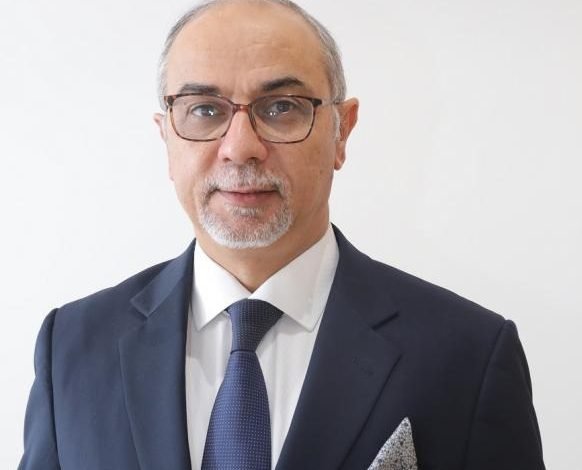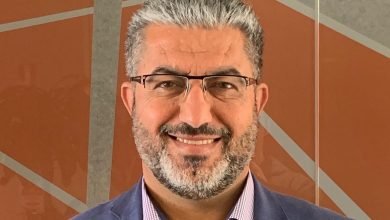
By: Prof. Khalid Wasif Al-Wazani
Jordan Daily – The Economic Diplomacy Report (EDR) is a pioneering initiative recently launched by the Anwar Gargash Diplomatic Academy in Abu Dhabi. The Academy is a hub of scientific research, leadership development, and skill enhancement—this report stands as a qualitative milestone in intellectual output and strategic vision. It offers a comprehensive analytical document that examines how economic tools can be effectively employed to strengthen the foreign policy agendas of nations.
This report is a groundbreaking Arab endeavor—perhaps the only one of its kind to date—that enables policymakers, researchers, and stakeholders to better understand and document the intrinsic link between economics and diplomacy in a world where political influence increasingly overlaps with commercial and investment interests. In today’s global context, economic diplomacy has emerged as a key pillar within the broader framework of a country’s soft power.
The EDR was officially launched at the Mohammed Bin Rashid School of Government (MBRSG) during the 2025 Public Administration Forum (PAF 2025) featuring contributions from the lead researchers and a panel of experts in both economic and diplomatic affairs. I had the honor of participating as a speaker in one of the sessions, where I discussed a critical component of the report: the role of the United Arab Emirates’ foreign aid in advancing its economic diplomacy.
I shared this session with former Pakistani Ambassador to the United States, Mr. Husain Haqqani, who was also a co-author to the report. Importantly, the report goes beyond traditional diplomatic themes. It explores multidimensional areas such as trade, investment, food security, innovation, foreign aid, energy, and various tools of soft power that the UAE strategically employs to elevate its global and regional standing. This approach reflects a broader vision that seeks to position the country as a central player in global value chains and international economic governance.
One of the most compelling sections of the report is its analysis of UAE foreign aid as a smart diplomatic tool. These forms of aid are no longer limited to humanitarian relief but have become integral to strategies that aim to build influence and strengthen economic partnerships with countries in the South, particularly in Africa and Asia.
The significance of the report lies not only in its analytical depth but also in its strategic utility as a reference framework for assessing and enhancing a country’s economic diplomacy performance. It sets a precedent in the Arab world for scientifically and realistically documenting public policy.
In conclusion, the report affirms a fundamental shift in modern diplomacy—from rhetoric to results. Diplomacy today is increasingly evaluated through metrics such as investment flows, humanitarian assistance, trade agreements, and, importantly, the proactive engagement of the private sector in delivering economic aid and cultivating qualitative international relationships.
These are domains where the UAE has demonstrated exceptional skill and strategic foresight. There is now an urgent need to adopt this innovative approach—to harness diplomacy as a tool for economic advancement and to crystallize it into a measurable index. Such an index would reflect the extent of each nation’s commitment to smart diplomacy and provide a scientific framework for identifying the key variables and standards that must be embraced to build diplomacy that creates mutual interest, fosters trade and investment, and moves away from the confrontational approaches that dominate much of today’s global and regional geopolitics.
Khalid Al Wazani is Professor of Economics & Public policy at Mohammed Bin Rashid School of Government (MBRSG), he holds over 33 years of active participation in academic, public service, government, and private sector positions. He can be reach at khwazani@gmail.com

